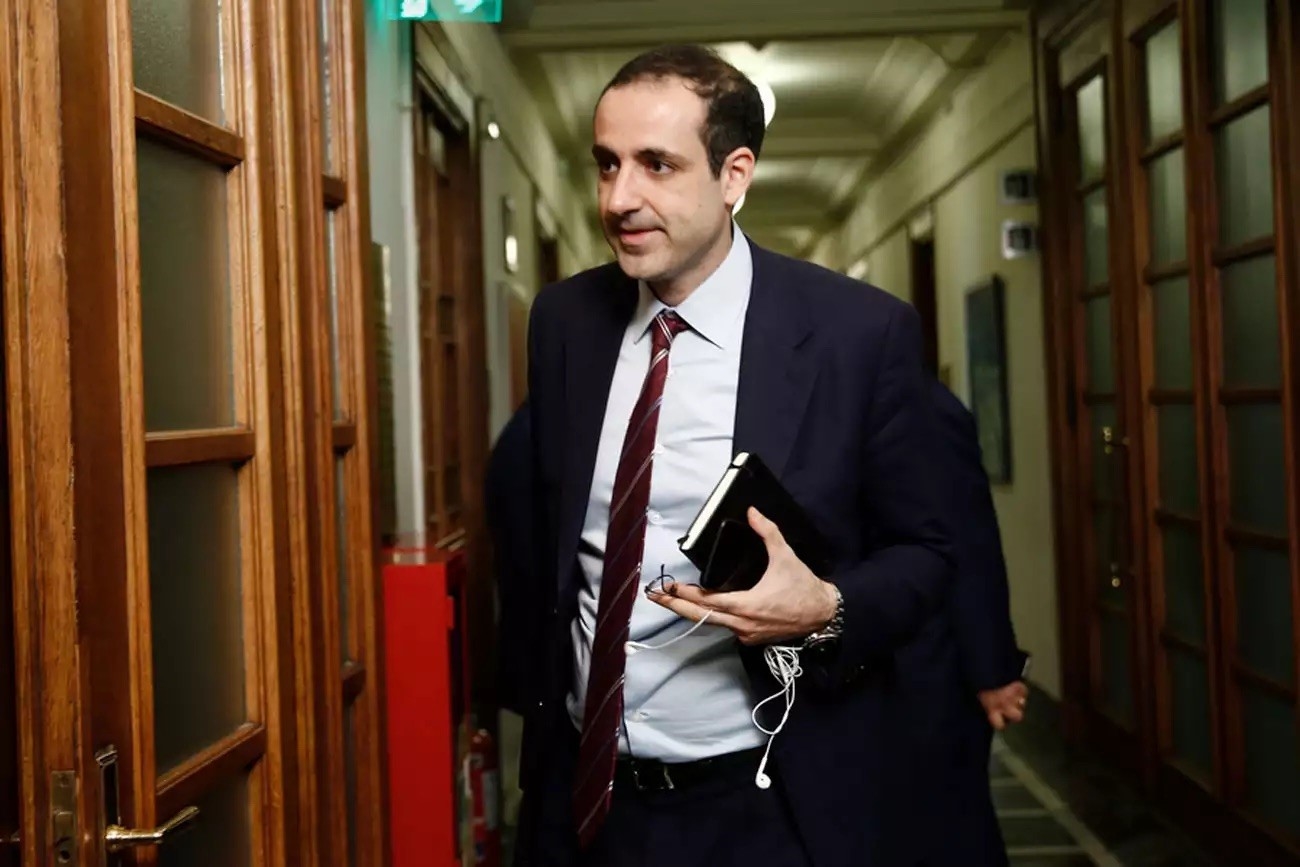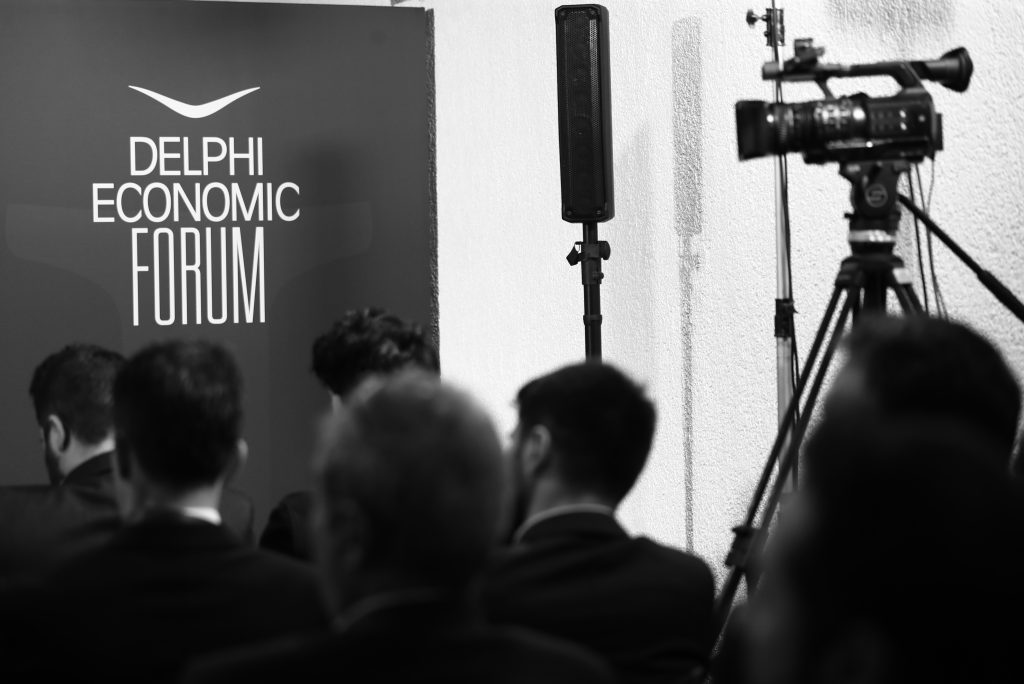A celebrated 19th-century Irish politician, Daniel O’Connell, was wont to say that “nothing can be politically correct if it is morally wrong.” But how incongruous his code of ethics seems in the dismal murk of the wiretapping case.
The weight and speed of the revelations forced the Prime Minister to dismiss his alter ego, a man many believed to wield absolute control over the workings of the administration, Grigoris Dimitriadis. It was August 5, 2022 when the Prime Minister’s nephew left the Megaro Maximou, the Prime Minister’s official residence.
A lot has happened since then. The ruling party tried to cover up those aspects of the case that caused an uproar at home but also exposed Greece in the eyes of the world. At the same time, the findings of the Judiciary, which would enlighten the public as to why politicians, journalists and other public figures were being subjected to official and unofficial surveillance by the Greek secret service in the 21st century, remain pending.
Then, against this backdrop, the media informed the public out of the blue last week that Kyriakos Mitsotakis had had lunch with Grigoris Dimitriadis in a well-known restaurant in downtown Athens. One could very well retort that the Prime Minister has every right to meet with his relatives. And, yes, of course he does.
But it is also clear that should the communicationally adept and sophisticated Prime Minister have wanted to keep their meeting private, he would have done so and certainly not given the impression that he had leaked the photos himself. So was he perhaps seeking to get a message across?
Let’s lay out the facts. No verdict has been reached in the criminal case, and the wire-tapping remains under investigation. Mr Dimitriadis’ political responsibility for what the Prime Minister himself described as a “scandal” in a televised debate was acknowledged by Mr Mitsotakis, who dismissed him because this was so.
So what message does the decision to make their recent meeting public convey to the judges investigating the case? What message is being sent out to the ministers who have now been officially informed that they were under surveillance? One would be excused for wondering whether the entire exercise actually heralds the “precious” Mr Dimitriadis’ return to the inner circles of government.
The public has a right to know what really happened in a case involving practices more fitting for the Latin American underworld than a European government. So O’Connell remains relevant to this day: to be politically correct, something must first be morally right, whether it suits us or not…



